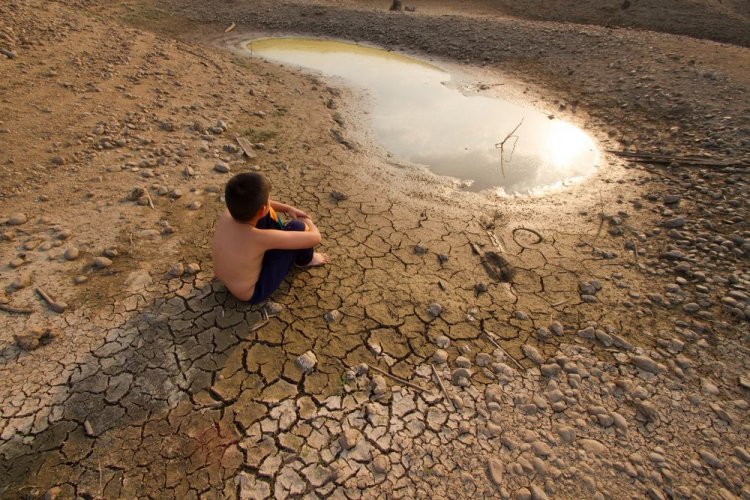A report by consulting firm Oliver Wyman and a team from the World Economic Forum found that climate change could cause up to 14.5 million deaths worldwide by 2050.
Floods pose the greatest threat to people, which could kill 8.5 million people directly and indirectly, Sun Media reports.
It is noted that the study is based on the Intergovernmental Panel on Climate Change (IPCC)'s average scenario, where the temperature increase will reach 2.7°C by 2100. In addition to deaths, climate change will also cause serious illnesses, with additional healthcare costs reaching $1.1 trillion.
The authors of the study analyzed six key impacts of climate change, namely:
- floods;
- droughts;
- heat;
- tropical storms;
- Forest fire;
- sea level rise.
The study explained that in addition to the direct impact, floods can also lead to crop damage and an increase in infectious diseases due to increased humidity. The densely populated coastal areas of the Asia-Pacific region are likely to bear the brunt of climate change.
The authors expect the second largest mortality rate of 3.2 million deaths to be caused by drought – mainly due to the long-term effects of declining water quality and less fertile soil on child mortality. Heat waves could cause 1.6 million deaths by 2050, especially among the elderly.
The study also warns of an increase in illnesses and cases of occupational disability. For example, warmer temperatures could lead to a greater spread of mosquitoes, making malaria, dengue and Zika infections more common in Europe and the US.
"Regions of Africa, the Middle East and Asia will be particularly affected by the health consequences of climate change," the study says.
Earlier, EcoPolitic wrote, that a study by the international non-governmental organization Save the Children showed that in 2023, floods, forest fires, cyclones, storms and landslides killed at least 12,000 people worldwide.
As EcoPolitic previously reported, the study by leading climatologist James Hansen showed that emissions from burning fossil fuels and the El Niño climate phenomenon will lead to an increase in temperature by 1.7°C as early as May 2024.





